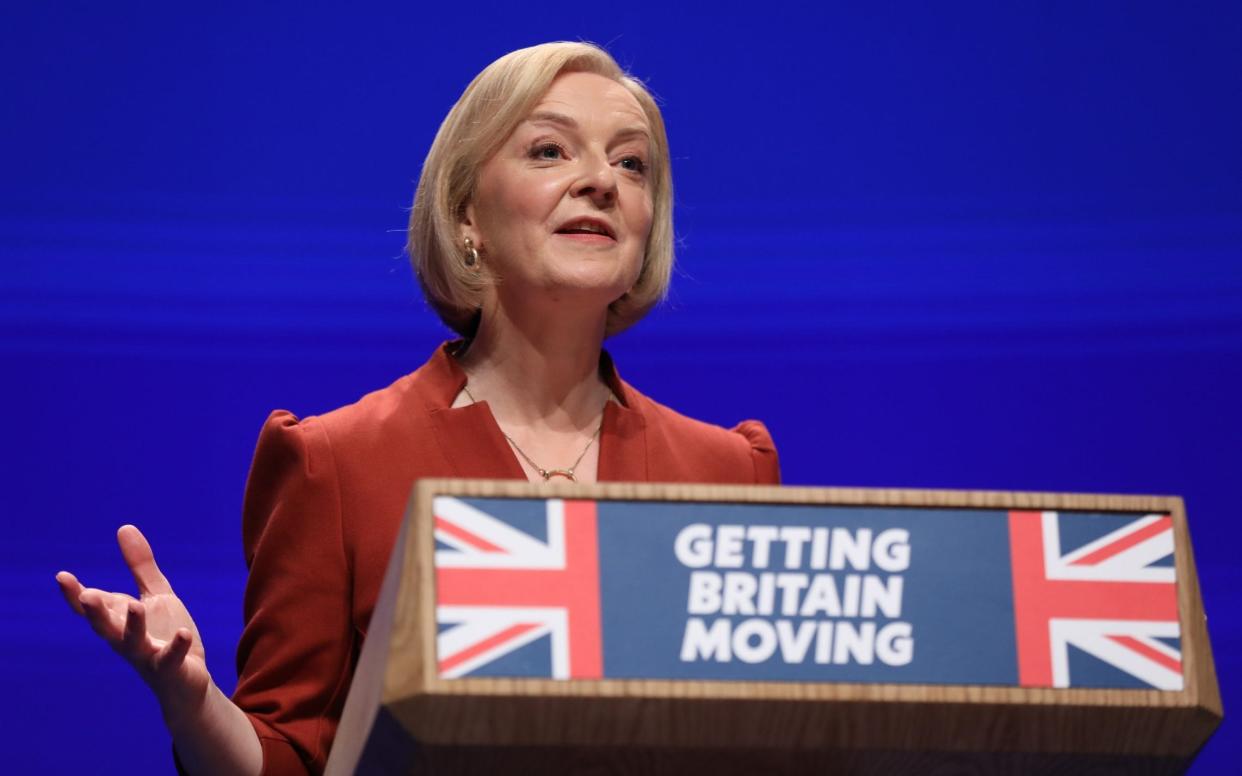Ban on new grammar schools unlikely to be lifted before next election

The ban on creating new grammar schools is unlikely to be lifted before the next election due in 2024 amid fears it will be blocked by the Lords, The Telegraph can reveal.
Liz Truss promised to end the ban, which has been in place since the New Labour years, during her successful Tory leadership campaign this summer.
But the policy was not in the 2019 election manifesto, meaning it is not protected in the Lords by the “Salisbury convention”, which applies to policies voted for by the electorate.
It means that Labour, the Liberal Democrats and crossbench peers could use their majority over the Conservatives in the Lords to torpedo the proposals.
Government insiders believe the battle, combined with the Tory rebellion likely from some MPs over the issue, risks becoming a “distraction” from other priorities.
Childcare reforms much higher on target list
Reforming childcare provision, one of eight supply side reforms promised by Downing Street in the coming weeks, will be much higher on the target list for the Truss government.
There are now only around 160 grammar schools in England. Existing grammars can expand, but new ones are not allowed to be created.
Both Ms Truss and Rishi Sunak, her Tory leadership challenger, promised to lift the grammar schools ban - a bugbear for a vocal group of Conservative MPs on the backbench.
Ms Truss said: “I’m a huge supporter of grammar schools. I went to school not too far from here, at Roundhay School in Leeds which was a comprehensive.
“It was a former grammar school and it became a comprehensive school. My two daughters now attend a grammar school, and I want people around the country to have the choice that we have to be able to send our daughters to a grammar school.”
Despite the parliamentary challenges, progress will still be made in the coming months on possible options to replace the grammar school ban.
They range from a total lifting of the ban to more limited reforms, such as reforming the specifics of selective education.
Grammar school debate a Tory bone of contention
The grammar schools debate has divided the Tory benches for decades, with both fierce critics of the ban and supporters who want to focus on other reforms found in the Commons.
Sir Graham Brady, the chairman of the 1922 Committee of backbench Tory MPs, resigned from the shadow frontbench in 2007 over David Cameron’s opposition to grammar schools.
Jonathan Gullis, a former teacher who wants the ban lifted, was appointed Parliamentary Under-Secretary of State for School Standards in September by Ms Truss.
But Michael Gove, the former education secretary, is an opponent of ending the ban and emerged as a vocal critic to the direction of the Truss premiership this week.
The Salisbury Convention dictates that the House of Lords will not oppose at second or third reading government legislation that was promised in its election manifesto. It reflects an understanding that unelected peers should not block policies explicitly voted for by the public.
But Ms Truss’s plan to end the grammar schools ban was not in a manifesto. It has only been endorsed by the Conservative Party membership, which voted her in last month.

